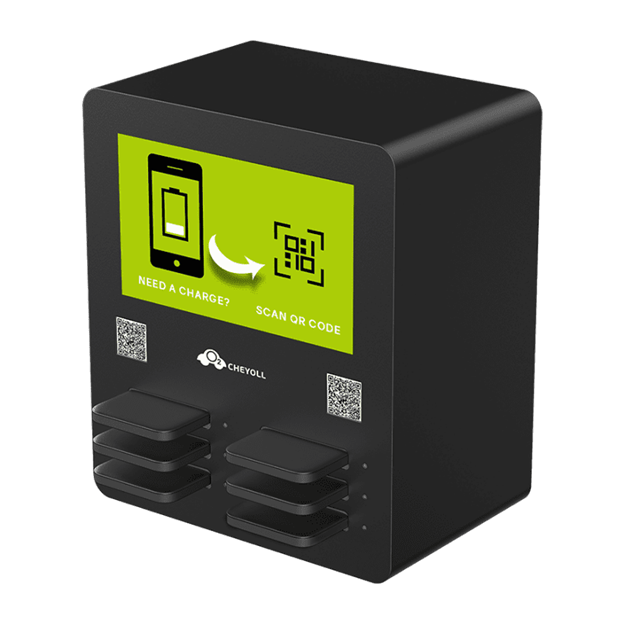Introduction: The Palette of Digital Creativity
In the ever-evolving landscape of visual communication, graphic design software stands as the brush and canvas for digital artists and creative minds. From creating stunning visuals for marketing campaigns to shaping the aesthetics of websites and branding, these tools play a pivotal role in unleashing creativity. This article dives into the world of graphic design software, exploring the features, versatility, and applications that make them indispensable for designers across the globe.
1. Adobe Creative Cloud: The Design Powerhouse
a. Photoshop
Adobe Photoshop remains an iconic tool for photo editing, image manipulation, and graphic creation. Its extensive features, including layers, filters, and customizable brushes, make it a go-to software for professional designers.
b. Illustrator
Adobe Illustrator caters to vector graphics, allowing designers to create scalable and precise illustrations. It is ideal for logo https://www.softwarechiefs.com/, icon creation, and any project requiring clean and scalable visuals.
c. InDesign
Adobe InDesign specializes in layout design for print and digital media. From brochures to magazines, it enables designers to craft visually appealing and structured layouts.
2. CorelDRAW: Precision in Design
CorelDRAW stands as a formidable alternative, offering precision and versatility. Known for its intuitive interface and robust vector editing tools, CorelDRAW is favored by designers for creating logos, illustrations, and intricate designs.
3. Canva: Simplicity Meets Versatility
a. User-Friendly Interface
Canva caters to both novice and experienced designers with its user-friendly interface. It simplifies graphic design, allowing users to create social media graphics, presentations, and marketing materials effortlessly.
b. Templates and Customization
Canva’s extensive library of templates and customizable elements empowers users to bring their creative visions to life. It’s a valuable tool for those seeking a quick and efficient design solution.
4. Affinity Designer: Professional-Grade Vector Editing
Affinity Designer is gaining recognition for its professional-grade vector editing capabilities. It provides a cost-effective alternative to industry giants, with features like advanced layer management and pixel-perfect designs.
5. Sketch: Designing for the Digital World
a. User Interface Design
Sketch focuses on user interface (UI) and user experience (UX) design. It’s a preferred choice for digital designers creating websites, mobile apps, and interactive prototypes.
b. Collaborative Workflows
With collaborative features, Sketch facilitates seamless teamwork. Designers can work on projects simultaneously, enhancing efficiency in the design process.
6. Blender: 3D Design and Animation
Blender extends the realm of graphic design into 3D modeling and animation. It’s an open-source software that empowers artists to create stunning visual effects, animations, and 3D renders.
7. Gravit Designer: Cross-Platform Design Tool
a. Web and App Design
Gravit Designer is a versatile cross-platform design tool suitable for web and app design. It offers a range of features, including vector editing and collaborative capabilities.
b. Cloud-Based Collaboration
The cloud-based nature of Gravit Designer facilitates seamless collaboration, allowing multiple designers to work on projects in real-time.
Conclusion: Elevating Design to New Heights
Graphic design software serves as the conduit between imagination and reality, empowering designers to convey messages, evoke emotions, and shape visual identities. Whether creating intricate illustrations, dynamic animations, or user-friendly interfaces, these tools provide the means to transform concepts into captivating visuals. As technology evolves, the graphic design landscape continues to expand, offering new possibilities for creative minds to explore and redefine the boundaries of visual storytelling.




